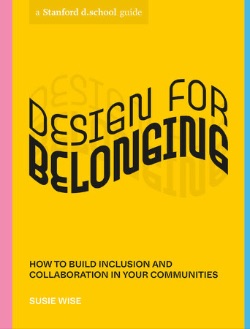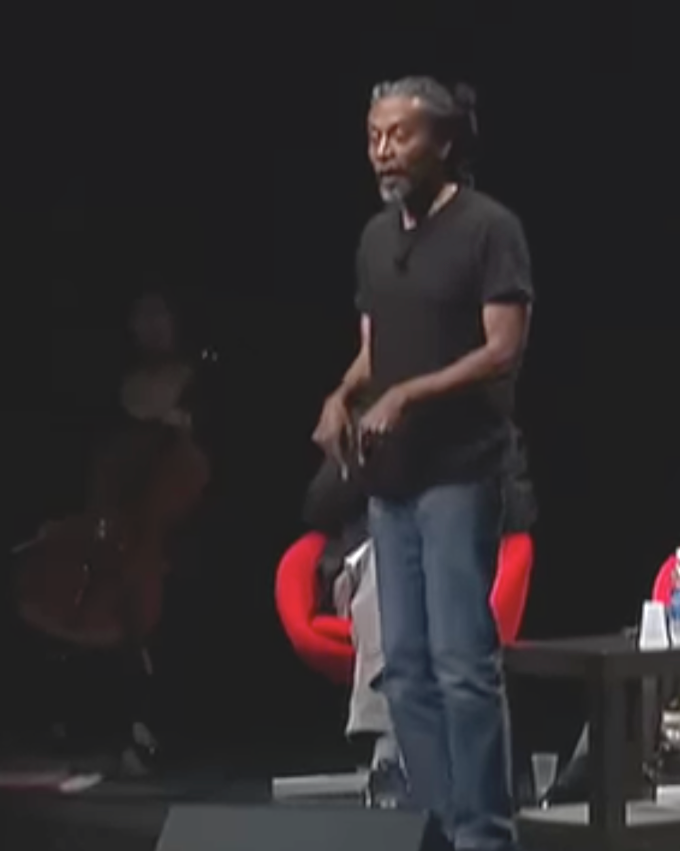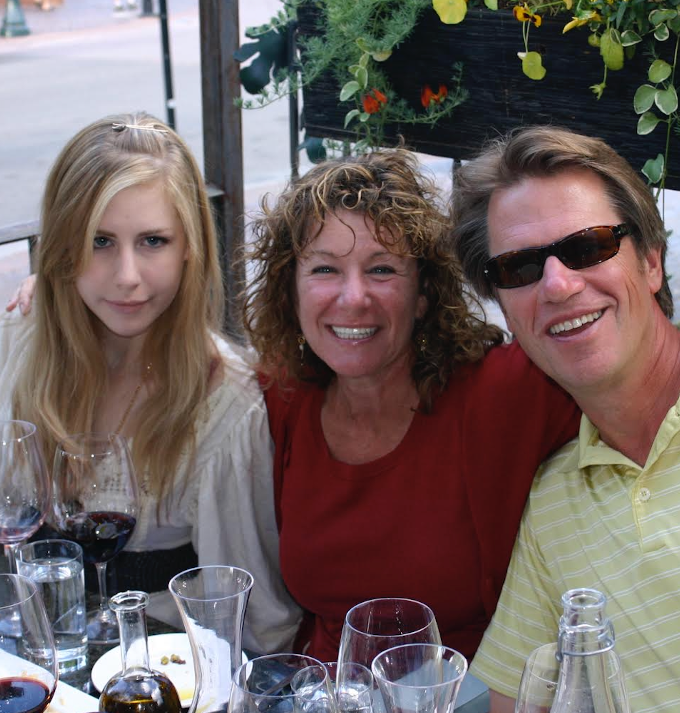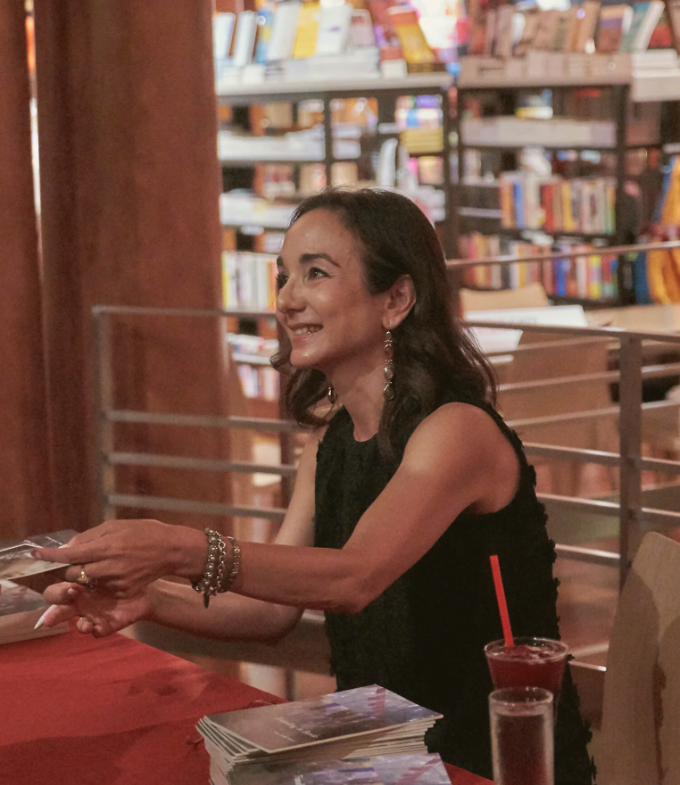July 12, 2024
Learning
How to make rational, fact-based decisions like a scientist, and how to work with other people to come to a consensus when not everyone shares the same values.
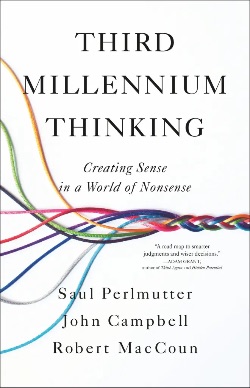
"In 2013, the University of California, Berkeley, debuted a course to teach undergraduates the tricks used by scientists to make sense of the world, in the hope that these tricks would prove useful in assessing the claims and counterclaims that bombard us every day.
"It was launched by three UC Berkeley professors — a physicist, a philosopher and a psychologist — in response to a world afloat in misinformation and disinformation, where politicians were making policy decisions based on ideas that, if not demonstrably wrong, were at least untested and uncertain.
"The class, Sense and Sensibility and Science, was a hit and convinced the professors to write a book based on the class that provides tips not only on how to systematically wade through the noise around us to seek the truth, but also how to work with those holding different values to come to a consensus on how to act." - Robert Sanders
AUTHOR INTERVIEW: Amidst Misinformation, Critical Thinking Needs a 21st Century Upgrade
